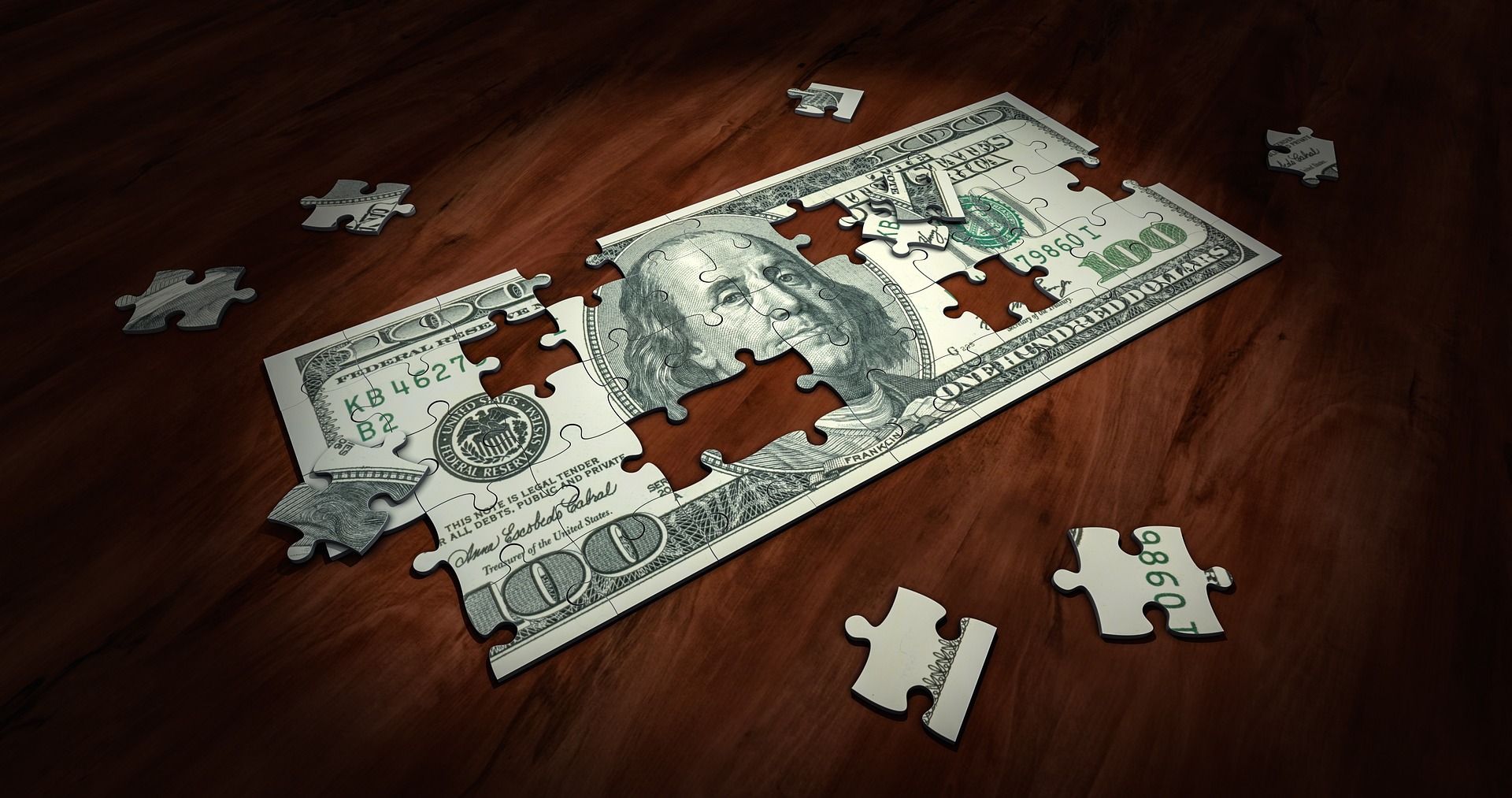Rebecca Esparza works with homeless people and, as she also once lived in a shelter, she knows what the experience of the American economy is like if you do not have a lot of money.
For most of its customers, cash is critical because they lack access to financial instruments that many Americans take for granted. Such as checking accounts, debit cards and payment applications.
Esparza fears that the growing number of stores and restaurants in the country that do not charge cash will further marginalize low-income people at a time when inequality is already the highest in more than half a century.
“We forget how poor the poor can be in this country,” says Esparza, who works in the Lawrence, Kansas, branch of the non-profit organization Family Promise and once sold his blood to support himself and his five children. children. “No doubt today could be part of that system of absence of cash, but it would be completely discriminatory.”
Legislators from all over the country coincide with Esparza and take measures to stop or slow down the constant progress towards a cashless society. New Jersey passed legislation banning many types of cashless stores this month, joining Massachusetts, which has a 1978 law that prohibits discriminating against customers who choose to use cash, and Philadelphia, which adopted a similar law in February.
San Francisco banned stores that do not accept cash
San Francisco has proposed banning stores like Amazon Go and Nestlé’s Blue Bottle coffees, which do not accept cash. Ritchie Torres, of the mayor’s office in New York, is leading efforts to ban cashless commerce in the city. While lawmakers from Chicago and Washington D.C. They have considered similar proposals in recent years.
The promoters of cashless businesses say they have different benefits. Electronic payments save employees the time it takes to collect, save and transport the money. The probability of theft is less. Customers pay faster because they do not have to count the money and wait for the change.
Some argue that technology, which has helped to introduce cashless payments, can provide a solution. Companies like Square Inc. and PayPal Holdings Inc. offer payment services that do not require a bank account. They are gaining acceptance among low-income workers and could be an alternative to the flat prohibition of stores that do not accept cash.
The vast majority of US retailers and restaurants they accept cash today, and those that do not usually target more prosperous clients. The best-known example is Amazon Go, a chain of stores without cash that sells expensive products such as artisan cheeses and regional chocolates. Amazon.com Inc. operates only 10 Go stores in three cities, but could reach 3,000, according to people familiar with the subject.
“A giant of trillions of dollars like Amazon has the ability to star in a large expansion throughout the country,” says Torres, the New York City Councilman. “Thus, a tendency that at first would be marginal could multiply overnight.”

